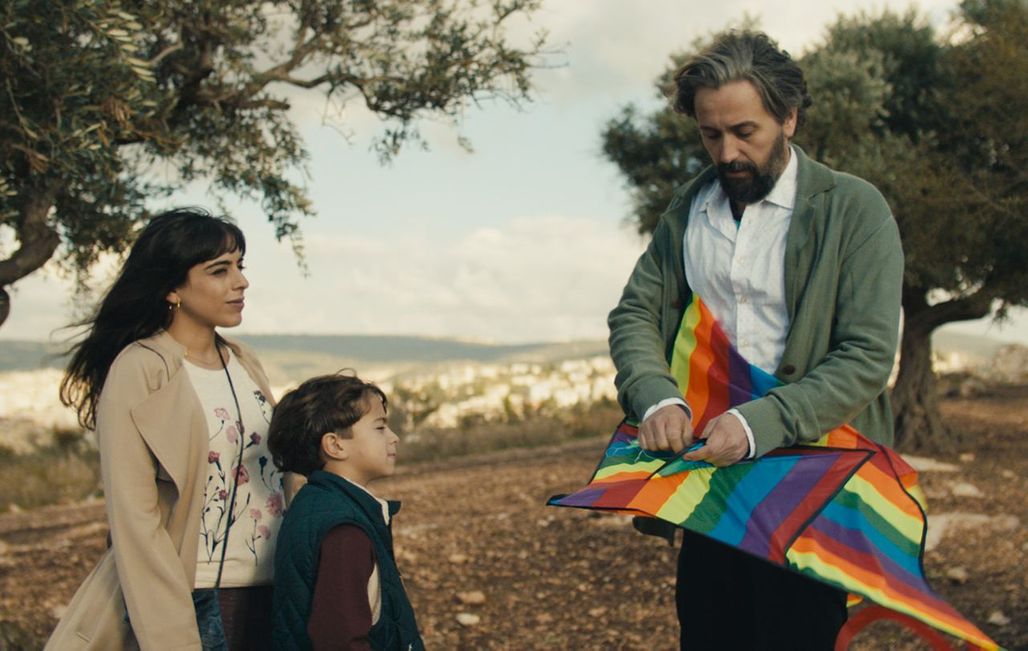
Vayehi Boker (Let it be Morning): a fable set in a village surrounded by the Israeli army

Championing unique perspectives is the primary goal of Un Certain Regard. And this is the third time that Eran Kolirin's films have featured in the selection, after the success of The Band's Visit (Bikur Ha-Tizmoret - Coup de Cœur of the Jury in 2007) and Beyond the Mountains and the Hills (Me'Ever Laharim Vehagvaot, 2016). His latest film, Vayehi Boker (Let it be Morning), is a loose adaptation of a novel by Sayed Kashua.
Sami, an Israeli Arab, lives in Jerusalem. An invitation to his brother's wedding forces him to return to the place where he grew up. But during the night, the army suddenly surrounds the village and Sami finds himself stranded. Why? For how long? Cut off from the outside world, the atmosphere becomes tense and everything in Sami's life is called into question.
The title, Let it be Morning, immediately sets the mood. Eran Kolirin develops a fable, a means of artistic and aesthetic freedom, while drawing attention to a certain cruelty, of political significance today. What identity do the Arabs of Israel have? How can you be heard when everything is being silenced? Eran Kolirin ponders the issue:
“We’re not trying to educate anyone; it’s about imagining how someone might feel when they find themselves surrounded by a wall, screaming without being heard.”
Despite requests from Hollywood for other projects, the director chose to work on the eponymous novel by Sayed Kashua. With the author’s blessing, he allowed himself a certain freedom in the adaptation. The character in the book, for example, a demoted journalist, becomes an accountant in the film. The essence of the novel, however, remains at the heart of the film, and this sensitive issue is handled with finesse, that of two communities facing each other, with no dialogue between them.


